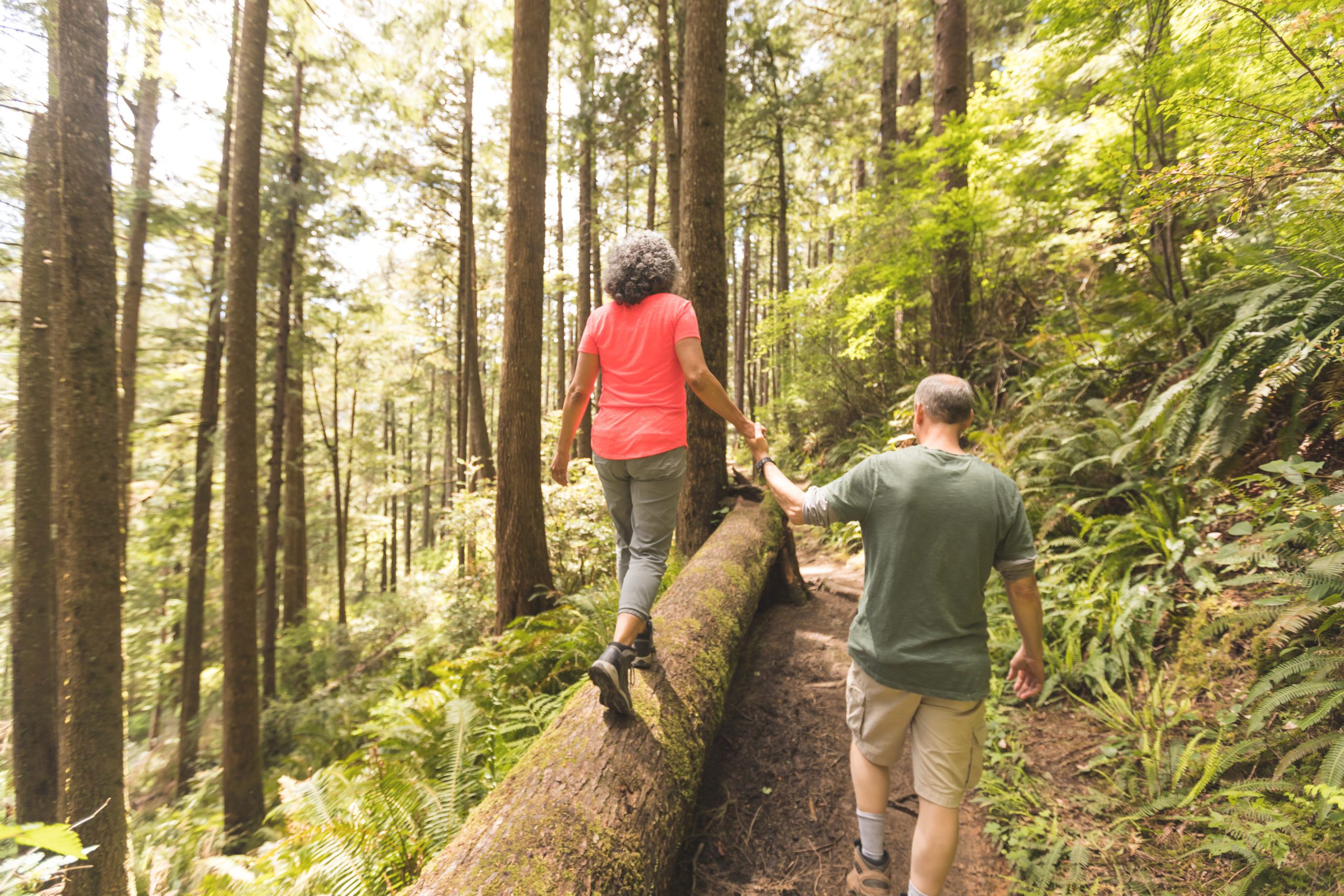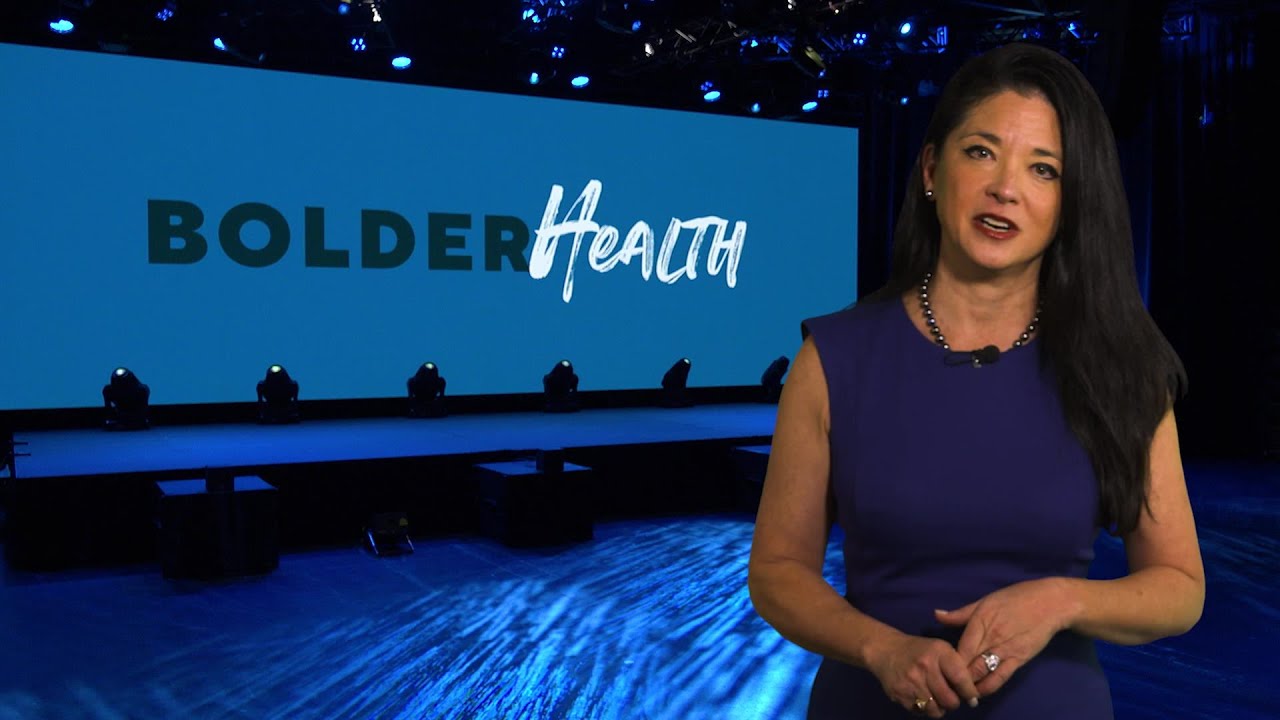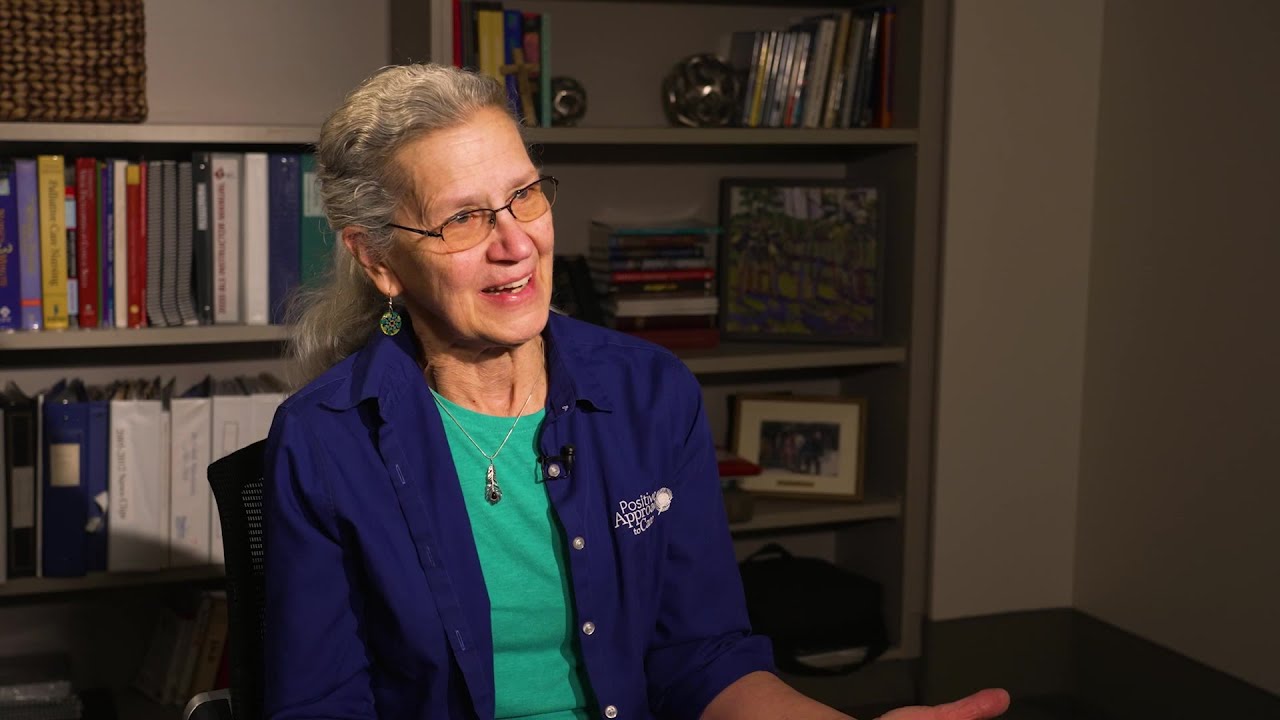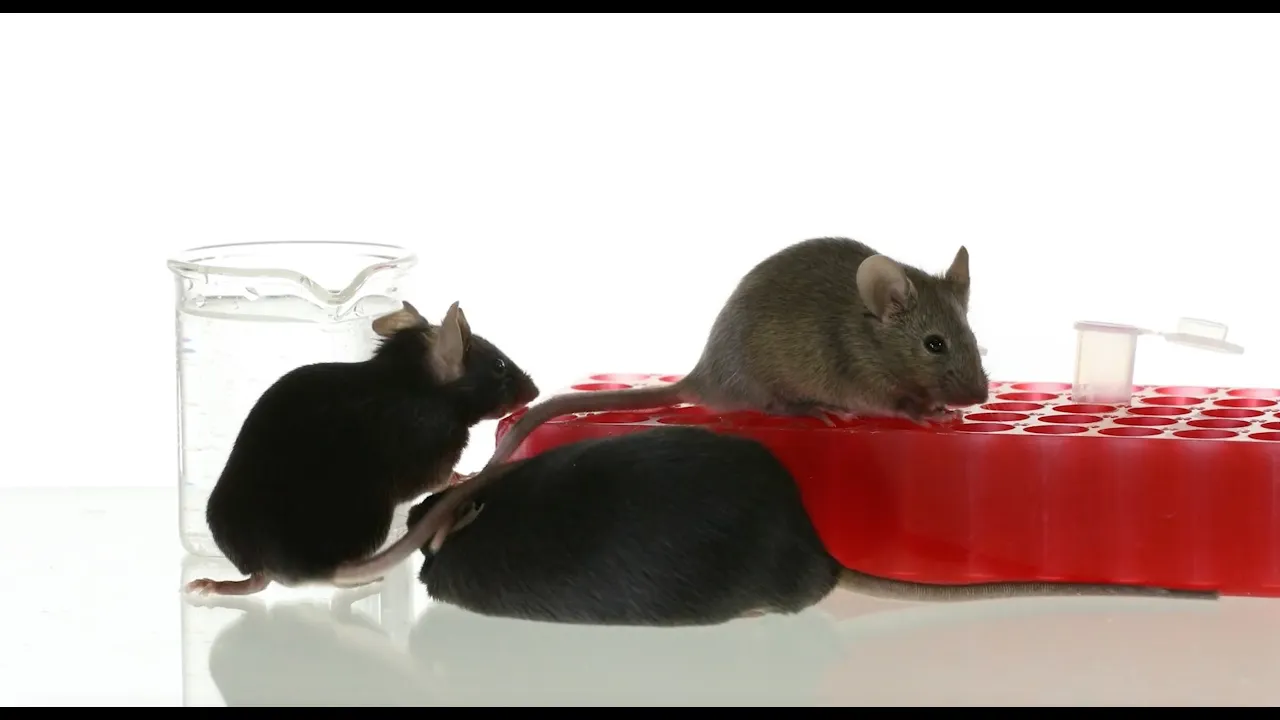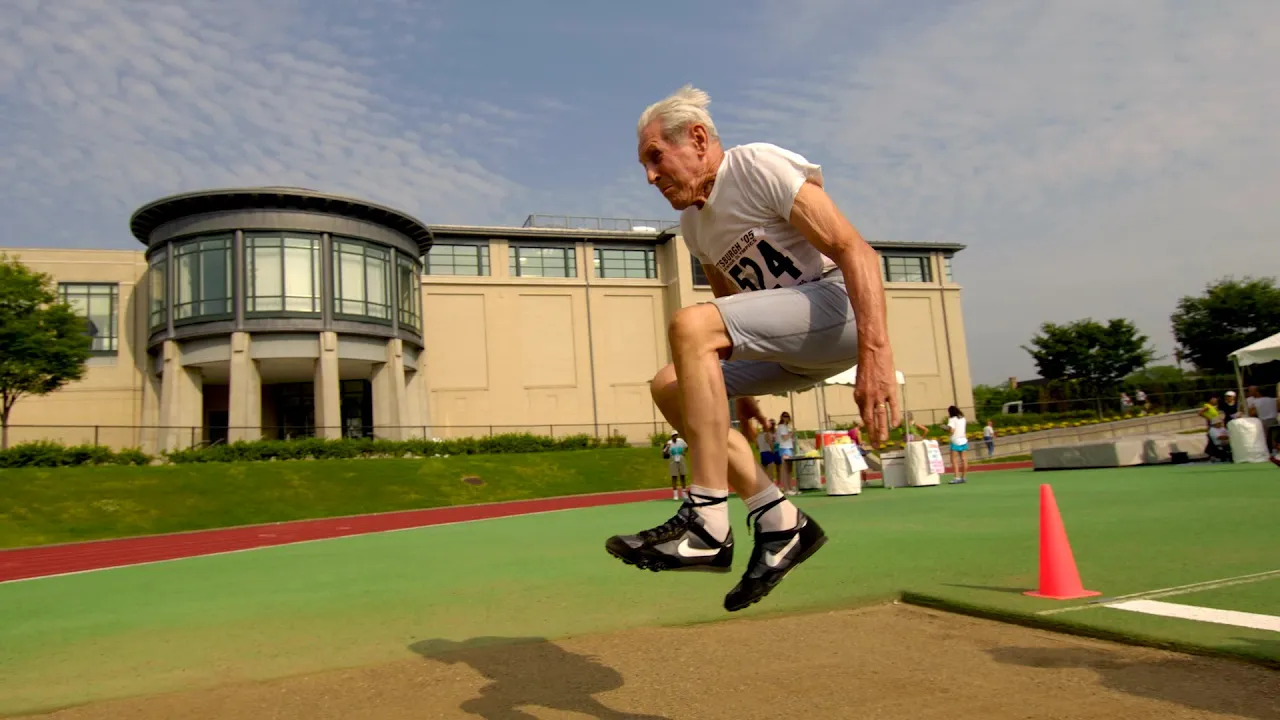Did you know that some doctors in the United States are writing prescriptions to go outside? They understand the importance of connecting with nature to improve our health.
Vermont, ranked as the healthiest state in the United States, has a Park Prescription Program where doctors prescribe free entry into state parks as a way of promoting healthy lifestyles and preventing chronic health issues.
Many other states also are developing a variety of initiatives by connecting health-care providers with community health advocates and outdoor spaces.
Park Rx America is a nonprofit organization whose sole mission is to “decrease the burden of chronic disease, increase health and happiness, and foster environmental stewardship by prescribing nature during routine doctor’s visits.”
Nature deprivation
According to the Environmental Protection Agency (EPA), Americans spend an average of 80%-90% of their time indoors. People who work outside their homes are especially vulnerable since they tend to go from their house to their car to the office and then back. That doesn’t leave much time in a day for enjoying nature.
Breath of fresh air
A recent study by Matthew White at the University of Exeter found that people who spent two hours a week in green spaces (local parks, natural environments) reported “substantially” better health and psychological well-being than those who did not.
“Two hours was a hard boundary,” White said. “The effects on those who spent at least two hours in nature were robust, cutting across different occupations, ethnic groups, people from rich and poor areas, and people with chronic illnesses and disabilities.”
White’s study was just one in an expanding field of research on the physical, mental, and emotional benefits of connecting with nature. Perhaps this is why when people were forced indoors even more during the pandemic, many older adults looked for ways to embrace the healing power of nature.
‘Just start somewhere’
Dr. Robert Zarr, founder of Park Rx America, is a primary care physician and pediatrician who recognizes that not everyone can get outside for two hours each week or walk 20 minutes a day.
“If you have to start with opening a window, or looking out a window at a tree, that’s OK,” Zarr said. “Just start somewhere.”
He continued, “It’s well documented that people are more likely to move when they are outdoors. I think our bodies and minds are geared to be outside, and an absence of that leads to most people saying they don’t feel well.”
Experts have quantified how spending time outdoors can positively affect our heath:
Connecting with nature
- 10 minutes of gardening can alleviate depression.
- 20 minutes spent hiking among trees or birdwatching reduces cortisol, the stress hormone.
- 30 minutes of walking in a park or watching your grandkids laugh on a playground can lower blood pressure and heart rate.
- 45 minutes of hiking in the mountains results in less fatigue and higher alertness than 45 minutes inside walking on a treadmill.
- 60 minutes spent interacting with nature can boost memory and attention span by 20%.
Sources: National Institute of Health, Nature.com, Frontiers of Psychology, Semantic Scholar, PLOS ONE
Even without a doctor’s order, you can write your own prescription for health and well-being by spending time in the great outdoors. As the Florida Recreation & Parks Association likes to say, “It Starts in Parks.”

